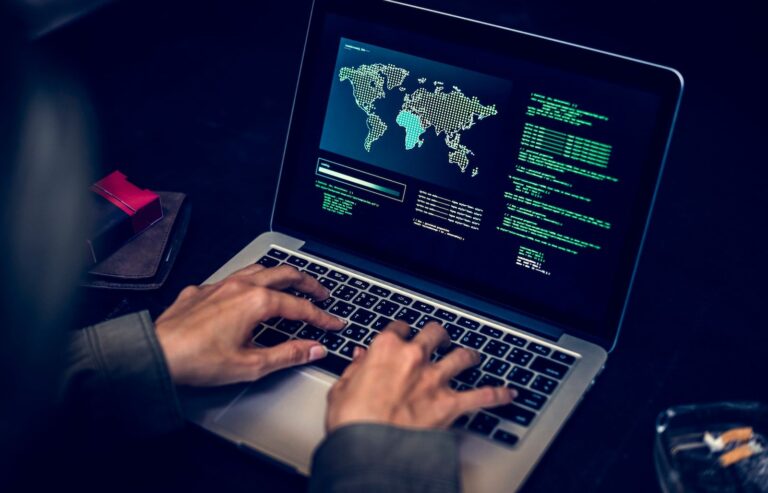When you’re online, your computer is constantly sending and receiving information. This can include your location, as determined by your IP address. If you’re using a VPN, however, your location is hidden from the websites you visit. In this blog post, we’ll explain how a VPN hides your location and keep you safe while browsing the internet!
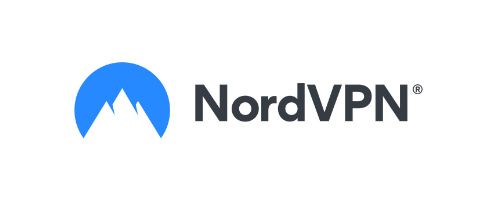
NordVPN Special Deal
Get VPN protection from NordVPN, one of the most reliable VPN companies in the world, for just $3.99/month!
✅ Possibly, the best Double VPN implementation.
✅ Over 5000 servers in 60 countries.
✅ VPN split tunneling support.
What is VPN in simple terms?
A Virtual Private Network (VPN) is a technology that provides you with an encrypted tunnel to the Internet. It hides your IP address and location, so websites can’t track what pages you visit on their servers or how often they are visited by others in your area. This makes it easier for people who want extra privacy when using public Wi-Fi hotspots, and can also help you access websites that are blocked in your country.
How does VPN hide my location?
When you connect to a VPN, it creates an encrypted tunnel between your computer and the VPN server. This tunnel prevents anyone from seeing your IP address or location. The VPN app also encrypts all the traffic flowing through the tunnel, so that hackers can’t read it either. This means they have no way of knowing where you are located when browsing the Internet, making their attempts at tracking impossible!

Why should I constantly hide my location?
Your location is one of the most important pieces of private information that you have. To put it into perspective, imagine someone stalking you when you shop when you go to the cinema and record every move and place you visit. It will not take long to figure out where you live, where you work, what you like, and who your friends are – that would be easy to do by just cross-referencing your location data with your friend’s data. This sounds spooky! Why are we OK with unknown parties on the internet doing that constantly?

Special VPN Deal
Get VPN protection from NordVPN, one of the most reliable VPN companies in the world, for just $3.99/month!
Who is tracking my location online and why?
The main entities that track and are interested in your online location are your IPS (internet service provider), internet advertisers (Google, Microsoft, etc.), social media companies (Facebook, Twitter, etc.), and various government entities like the police, secret services, etc.
While the motivation for tracking your location (ad display, various compliance issues, and national security in some extreme cases) is not necessarily evil in itself, it does seem excessive and dangerous at the same time. We need to remember that no matter how well all these entities claim to protect your privacy rights, there is no guarantee that the people who work for these entities are always good.
They may have criminal motives or bad intentions of their own, so why would we give them full access to all our personal information just because they asked? This is where VPNs are helpful – they can hide your location and protect you from the unwanted attention of various entities.
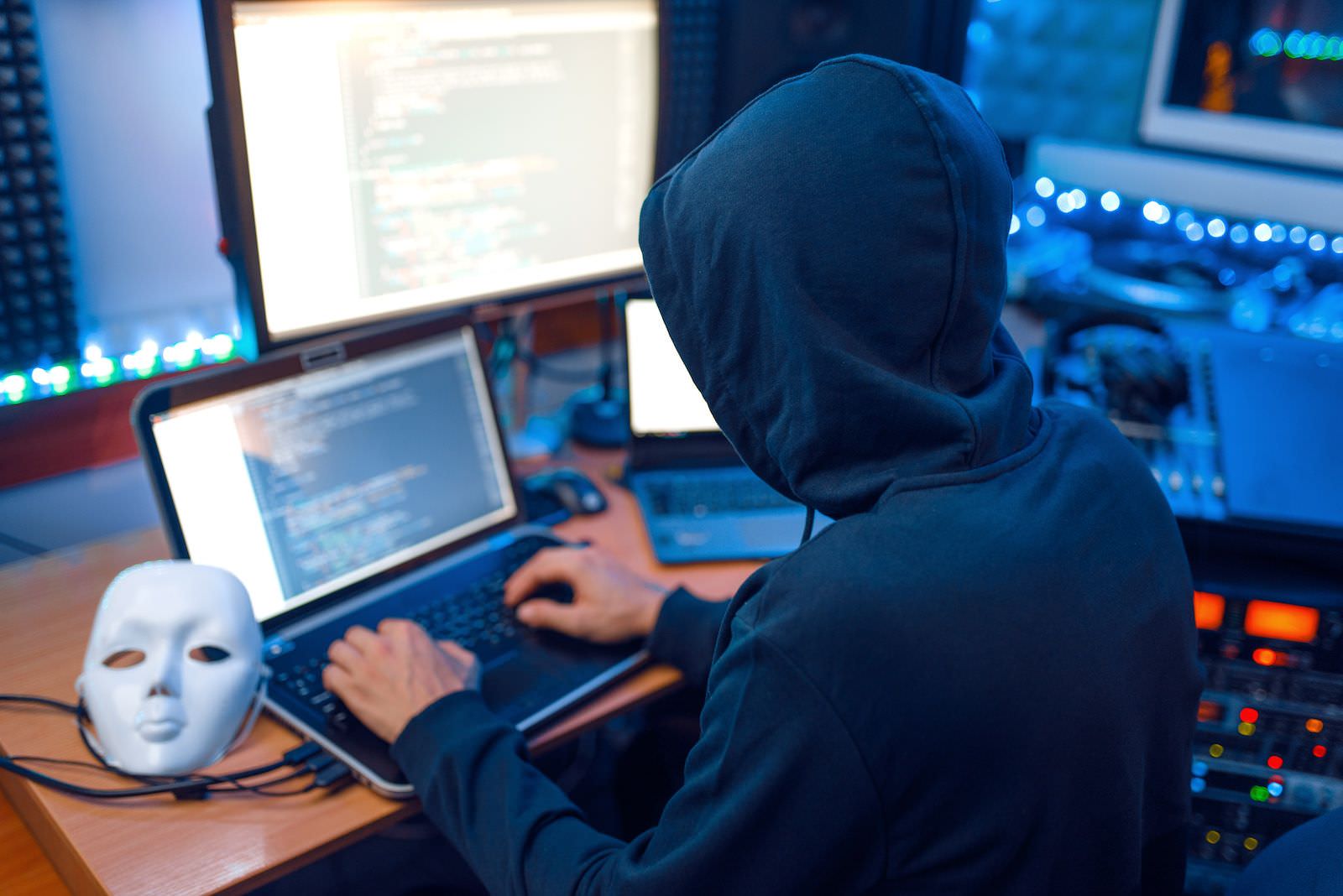
Can a VPN be tracked by my ISP?
When browsing the web with your VPN enabled, your company may be able to figure out that you are using a VPN service. However, they cannot stop you from doing it, nor do they have any visibility into your online activities. This is thanks to the encryption that VPNs provide in their tunnels between internet servers and clients (you). Since using a VPN is legal almost anywhere in the world, there is no reason for your ISP to throttle (slow down) your connection when you are using one.
Can someone track my downloads when I use a VPN?
All your online activities are hidden when your VPN connection is active, including your downloads. This is a great feature for those who want to keep their download history private or just don’t want anyone knowing what type of files they are downloading. However, if someone has access to your computer, they will be able to see what files you have downloaded from the internet.
Moreover, if your computer gets a virus, malware or spyware, it can send your download activity to hackers who could potentially track down that information. Ideally, you should use a VPN with a good antivirus and anti-spyware program to stay as safe as possible.

Does the VPN need to be connected all the time?
If you want the maximum level of privacy and to make sure your IP is hidden all the time, then yes. You will have to make sure your VPN connection is active and working without interruption. Preferably, if your VPN service provider offers a “kill-switch” option, you should use it. This will ensure that your computer will get disconnected automatically from the Internet if your VPN connection ever fails, preventing any sensitive data from being sent in an unencrypted form.

The Best VPN Deal You Can Find Anywhere!
Get a VPN that lets you use an unlimited number of devices, offers amazing security features and has an unbeatable offer!
82% off + 2 Months Free
- Unlimited Devices
- Ad & malware blocker
- Cookie pop-up blocker
- Two-Factor Authentication
- 24/7 support
- $2.49/Month!
What happens if the VPN gets disconnected
In case your connection to the VPN server breaks down, your computer will immediately start sending data over the internet in an unencrypted form. This means all websites you visit will now be visible to your internet serviced provider (ISP) and they will start tracking pages that were visited and trace that information back to your location through their servers. That’s why the previously mentioned “kill-switch” feature is vital when using a VPN service.
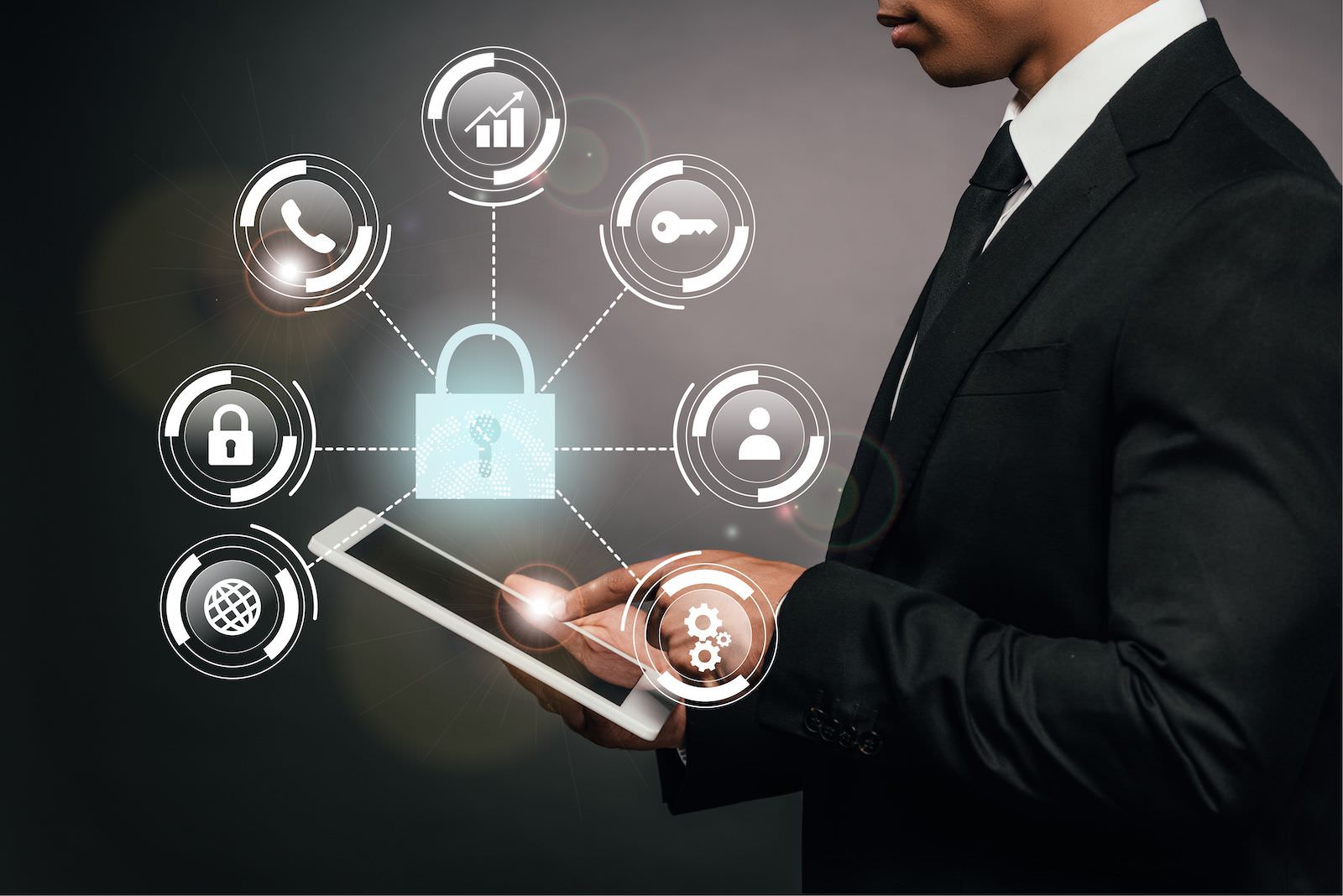
How does a VPN change your location
As part of the process of protecting your privacy, a VPN, when active, will also assign you a new IP address, and with it, your location will change. Generally speaking, the VPN server that is nearest to your actual physical location will be used for this process. However, if necessary or required by some services (such as Netflix), you can choose another server in a different country or state, thus changing your “virtual” location as well.
What is happening behind the scenes?
For you, a VPN seems like it’s doing its job when your new IP address keeps changing and websites are unable to track down where you live or work at any given moment. However, the processes that happen in that encrypted tunnel are quite complex.
VPN service providers are using many protocols, but they all rely on a process called “tunneling”. This allows someone with limited access to the private network (like you) to send data through public networks securely.
During this process, the packet headers become encrypted so that anyone attempting to snoop into your connection cannot tell what kind of information it contains or where it came from.

Special VPN Deal
Get VPN protection from NordVPN, one of the most reliable VPN companies in the world, for just $3.99/month!
How to check the VPN location
If you want to make sure that your VPN is working, and it changes your location properly, all you have to do is to visit ipleak.net or a similar service, while your VPN is connected. The website will show you the real IP address of your computer as well as the location of the VPN server. If everything looks good, then you’re good to go!
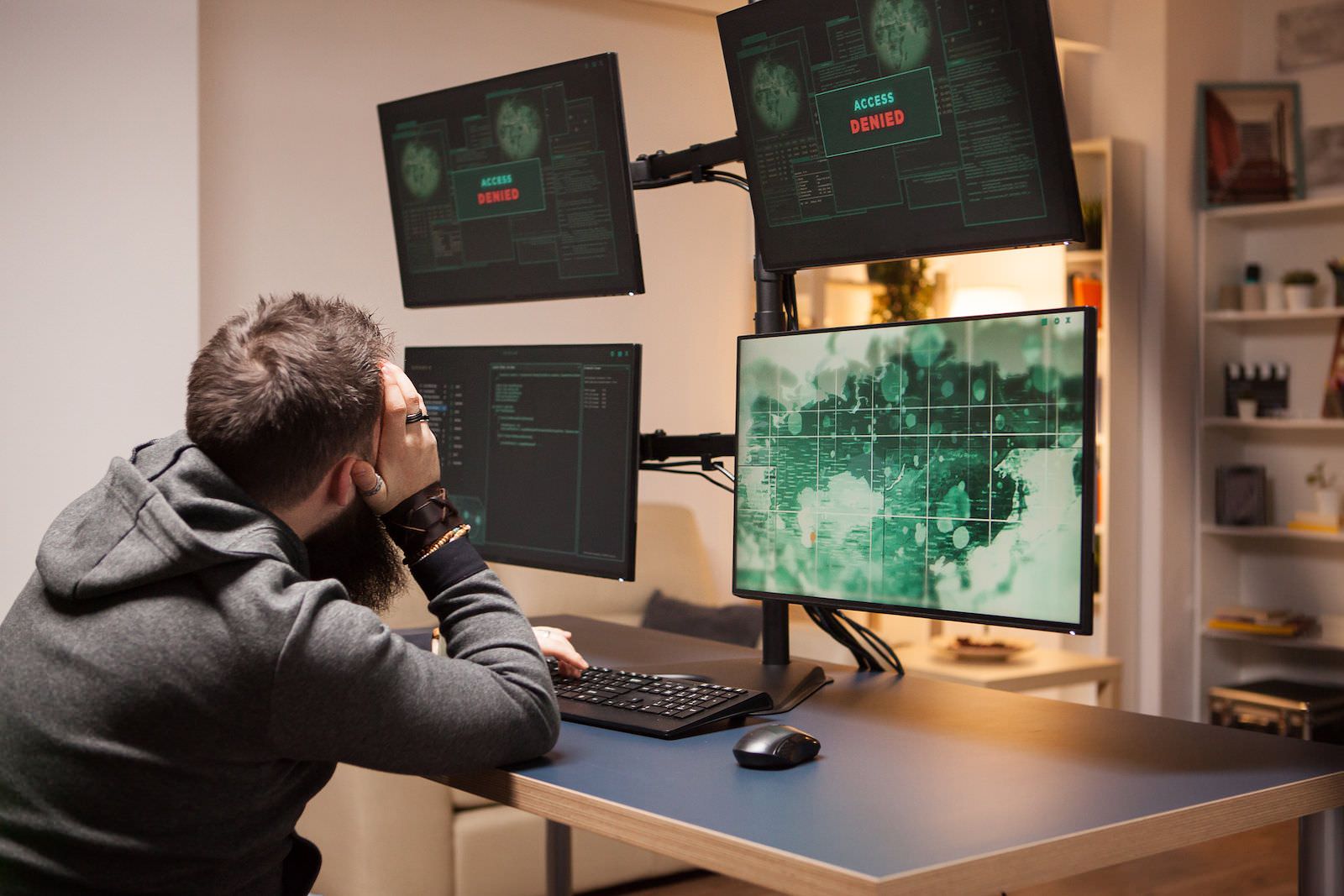
Does a VPN prevent web tracking?
No, a VPN will not prevent websites from tracking you. However, it will hide your IP address and the fact that you are using a VPN, so they will have a harder time tracking you down. In addition, using a good anti-tracking extension for your browser can help to reduce the amount of data that is being collected about you. There are a few different options available, but our personal favorite is the EFF’s Privacy Badger extension. It’s free, and it does a fantastic job at blocking trackers on websites without causing any problems with website functionality.

ExpressVPN Special Offer: 3 Free Months for our readers!
Get the best-rated VPN service in the world with a special offer just for the readers of PrivacyTutor!
Does a VPN hide your GPS location?
When using your phone, application and websites have more tools at their disposal to detect your location than just using your IP. These include your cellular network’s data connection, Wi-Fi networks that you have previously used, and other sensors such as GPS or Bluetooth.
A VPN will hide most of this information from websites, but it cannot prevent the use of GPS signals for detecting where you are located at any given moment. However, this can only be done if your phone is actively looking for your location or if you have allowed certain applications and web browsers to do that.
I would recommend reviewing your location services settings and making sure you disable them for all of your applications. You will notice that in 99% of the situations everything will work like before, and you will have more peace of mind that you are preventing anyone from tracking your location.
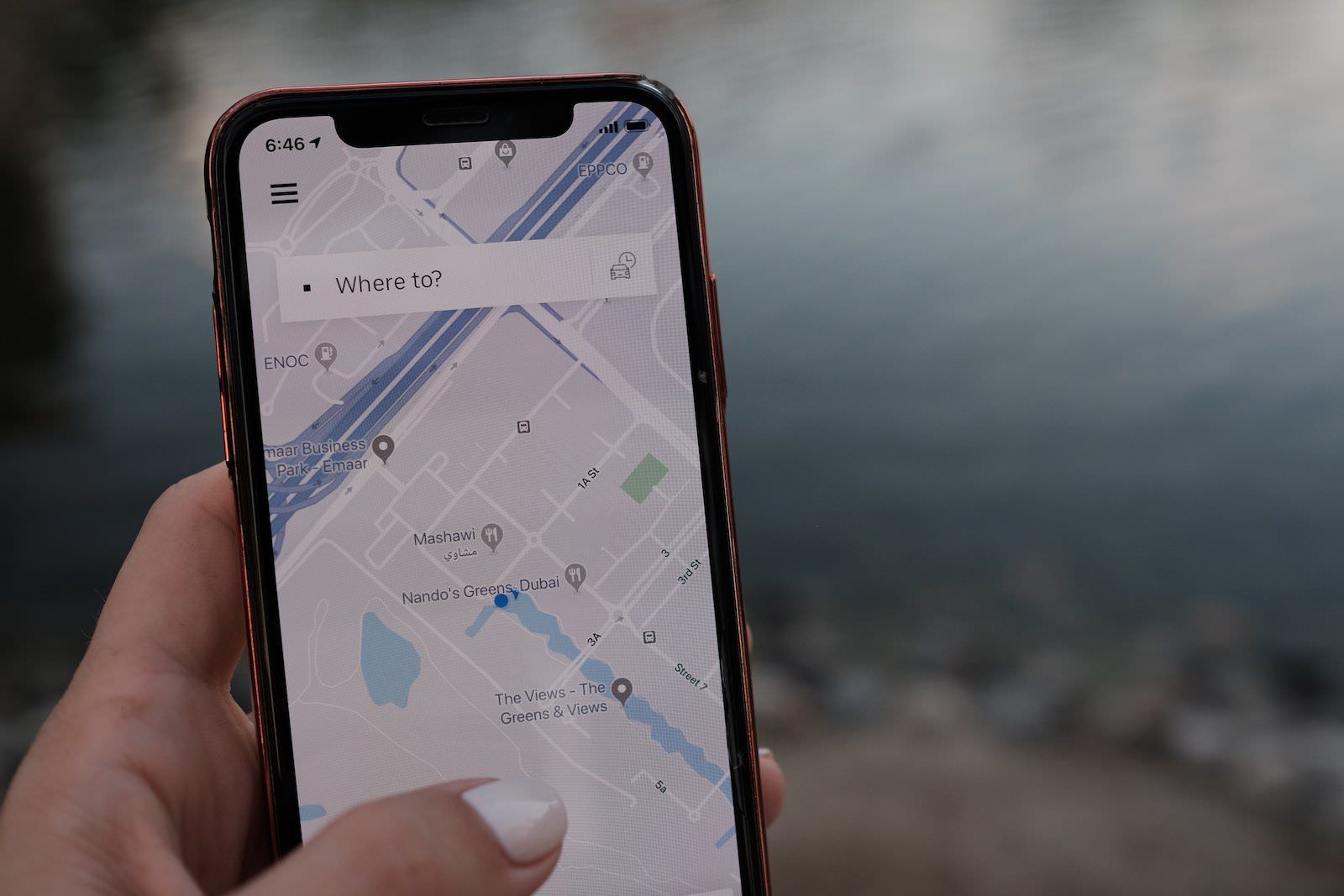
Does a VPN hide your device ID?
Unfortunately, no, a VPN will not hide your device ID. Your device ID (UUID) is a unique identifier that is assigned to every device during the manufacturing process and cannot be changed. It is used by applications and services to keep track of which devices are installed on which accounts, and can help identify lost or stolen devices.
Final thoughts
A VPN is a great tool for keeping your online activity private and secure. It can hide your IP address and location, as well as help to prevent websites from tracking you. However, it is important to be aware of its limitations and know how to use it properly to get the most out of it.
Useful tools mentioned in this article



